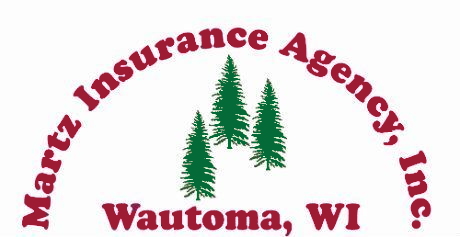Property line disputes and insurance coverage are common concerns for homeowners. Unexpected damages, like a fallen tree, fire, or flooding, can be incredibly stressful. It's crucial to understand your insurance responsibilities in these scenarios to ensure financial protection. In this blog, we’ll explore common questions about homeowners insurance and property boundaries.
Tree Damage Responsibility
If a tree from your neighbor’s property falls onto your home during a storm, your own homeowners insurance typically covers the damage. However, if the tree was dead or in poor condition and your neighbor was aware of the risk, their insurance may be liable. Understanding these nuances can save you from a potentially costly repair.
Fire Damage from a Neighbor’s Property
Homeowners insurance generally covers fire damage that spreads from a neighboring property. If the fire was due to negligence—say from an unattended candle or faulty wiring—your insurance provider might seek reimbursement through the responsible party’s policy. It’s important to know how your policy responds to such situations.
Shared Fence Repair Costs
If a shared fence is damaged in a storm, both homeowners are generally responsible for splitting the repair costs. However, if one homeowner’s actions directly caused the damage, they might be required to cover the full cost. Checking your homeowners agreement for any clause on shared structures can be very insightful.
Flooding from a Neighbor’s Property
Proving negligence in water damage cases due to landscaping changes or poor drainage can be challenging. Homeowners insurance typically doesn't cover flooding, making a separate flood insurance policy crucial for protection. This coverage can provide peace of mind in such murky scenarios.
The Insurance Claims Process
Insurers handle claims cautiously when damage results from a neighbor’s actions. If negligence is involved, your insurer could pursue reimbursement through the responsible party's insurance via a process called subrogation. If negligence isn't proven, your policy usually covers damages without chasing the neighbor’s insurance.
It’s wise to regularly review your homeowners insurance policy and consider additional coverage, such as flood insurance, for better protection. Consult an insurance professional to clarify your coverage details and ensure peace of mind for those unexpected events.
